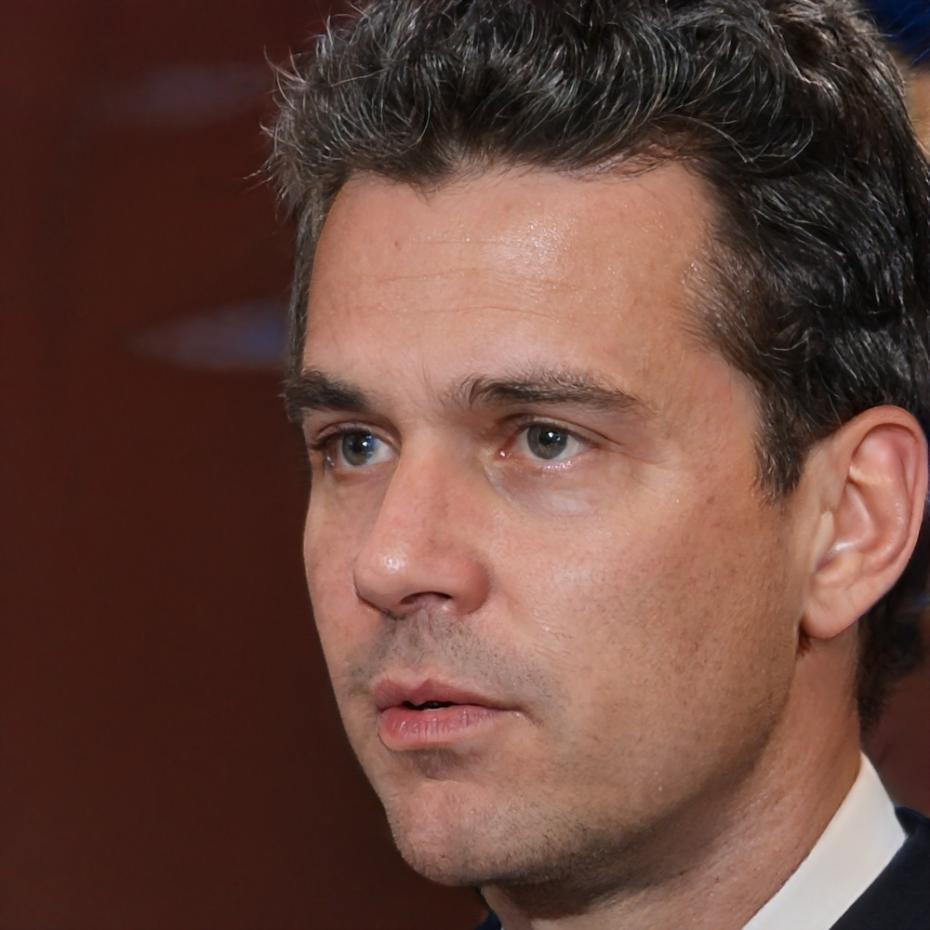Active Learning Through Real Project Experience
Our teaching approach centers on hands-on development and collaborative problem-solving. Students work with actual codebases, tackle real debugging challenges, and build portfolio projects that mirror industry workflows.


Interactive Development Environment
-
Live Code Reviews
Weekly sessions where instructors walk through student code, explaining optimization techniques and architectural decisions in real-time.
-
Pair Programming Sessions
Students rotate partners regularly to practice collaboration skills and learn different problem-solving approaches from peers.
-
Version Control Mastery
All projects use Git workflows that simulate team environments, including branch management, merge conflicts, and code deployment.
-
Debug Detective Work
Students receive broken code samples and must identify issues using debugging tools, logging strategies, and systematic troubleshooting.
The breakthrough moment happens when students stop asking 'what should I type next?' and start asking 'why does this solution work better?' That shift from memorizing syntax to understanding logic — that's when real learning begins.
Project-Based Learning Journey
Students progress through increasingly complex projects that build upon previous skills while introducing new concepts organically.
Foundation Projects
Simple applications that reinforce basic syntax and logic flow. Students build calculators, text processors, and basic games.
Database Integration
Projects expand to include data persistence, user authentication, and CRUD operations using real database systems.
Full-Stack Applications
Complete web applications with frontend frameworks, REST APIs, and deployment to cloud platforms.
Capstone Portfolio
Original project demonstrating personal interests and technical skills, presented to industry mentors for feedback.


Prof. Kasper Lundqvist
Curriculum Director
Teaching Philosophy & Methods
Error-Driven Learning
Students learn more from debugging failed attempts than from perfect examples. We intentionally include challenging problems that require iteration.
Peer Code Review
Reading and critiquing others' code develops critical thinking skills and exposes students to different approaches.
Incremental Complexity
Each lesson builds naturally on previous concepts, avoiding overwhelming cognitive load while maintaining steady challenge.
Industry Simulation
Project deadlines, code standards, and team dynamics mirror real workplace environments students will encounter.
Programming education works best when students feel challenged but not overwhelmed. Our next intensive program begins in September 2025, giving prospective students time to prepare and commit fully to the learning process.
Explore Program Details